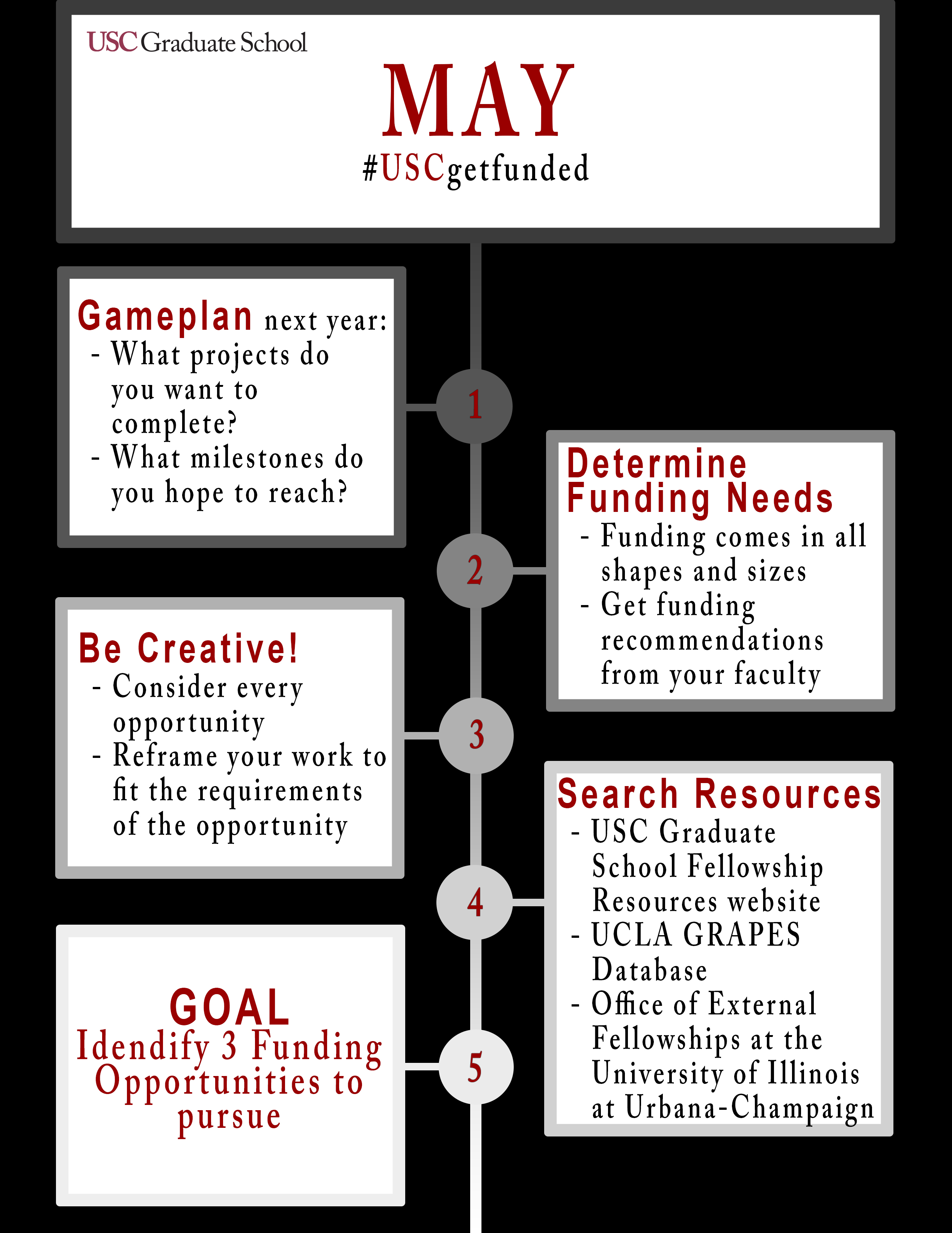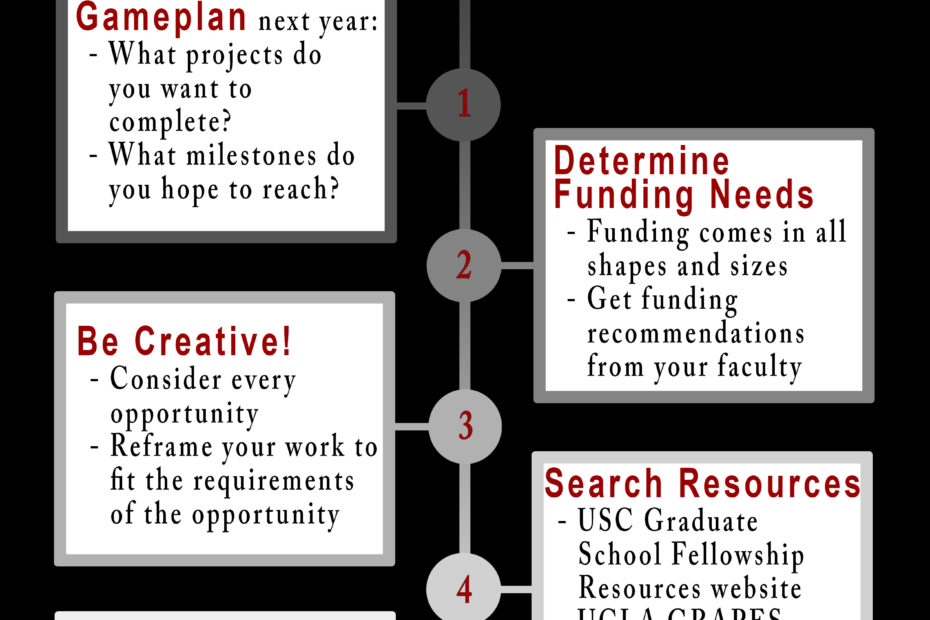Fellowships: They’re For You!
By Adam Feinman
Every graduate program has different standards for how their students pay their way. However, everyone can benefit from investing the time in applying for fellowships. Be they large or small, unheard of or prestigious, acquiring fellowships demonstrates a person’s ability to convince others that they can do valuable research. This is particularly important in academia (where grant-awarding agencies often fund projects with societal impact), but all research fields need people who can communicate about their research.
No matter who you are, what your personal profile looks like, or how much research you have done to date, there are fellowships geared towards you. Many fellowships are designed towards advancing research done by minorities. Some fellowships are looking to encourage certain types of research, such as certain types of literary scholarship or particular medical disorders. Others are “patriotic” in nature, seeking to advance a national interest.
One of the most broadly available fellowships is the National Science Foundation’s Graduate Research Fellowship Program, abbreviated as NSF GRFP. (How scientists love their abbreviations!) The overall mission of the NSF is to fund scientific research that has societal benefit and broad impact. It is not, however, limited to the so-called “hard-sciences”. Any field that is scientific and non-clinical can apply for this fellowship. So if you’re working with human subjects, you might be out of luck for this one. If you’re studying animal models of human disease you’re also going to be ineligible. But some clinical psychology and bio/medical engineering projects are eligible, as are the humanities aspects of science (e.g., science education, history of science). This fellowship is usually due in November, and requires essays, a research plan, and letters of recommendation.
It might be hard to get prestigious fellowships like this (or the Hertz and NDSEG fellowships) without previous research experience, but the process of applying can help you refine your research proposal and the way you write about it. The NSF GRFP wants your essays to reflect the “Broader Impacts” (i.e., how it affects society) and “Intellectual Merit” (how it advances knowledge), and the former is very important in this fellowship. One of the great things about this process though is that if you don’t get the fellowship, the NSF will give you feedback on how you can shore up your application. In many cases, you can apply for it as a first-year grad student and still re-apply as a second-year student.
Follow the USC Graduate School and #USCgetfunded on Facebook and Twitter for continuing articles and advice on obtaining external fellowships. Get a head-start with this breakdown of the application timeline. Your path to external funding begins now!





